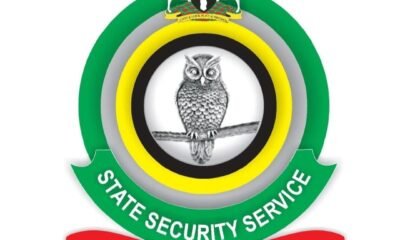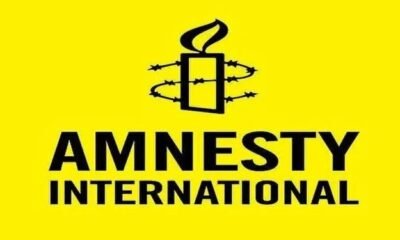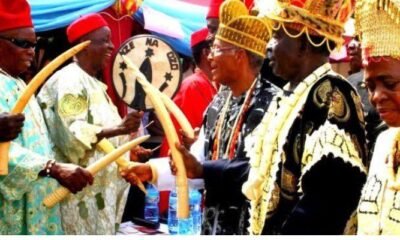Business
How Smartphones Threatens Over 100 Million People’s Access to High-Internet Speed in Nigeria

By Tolulope Oke
Nigeria is on the verge of losing its established broadband penetration objective of high-speed internet services due to the increase in the high cost of smartphones.
Nairametrics revealed the federal government had established a 70% broadband penetration objective under the National Broadband Plan (NBP 2020-2025) to guarantee that about 140 million Nigerians have access to high-speed internet at speeds of 25 megabytes per second (Mbps) in cities and 10Mbps in rural regions.
The most recent Alliance for Affordable Internet (A4AI) survey claims that Nigerian smartphone prices are extremely exorbitant when compared to the average Nigerian’s monthly income. According to the survey, the cheapest smartphone in the nation costs N25,000, which is 37.46% of the average monthly salary for Nigerians while the global average is set at 20%.
The National Broadband Plan Committee had also noted the high cost of smartphones as a hurdle to attaining these aims but had highlighted methods for the government to bring down the cost. The committee was led by the chief executive officer of MainOne, Ms. Funke Opeke.
- READ ALSO: How Nigeria Will Supply 3 Billion Cubic Feet of Gas Across 13 Countries
- READ ALSO: Dollar To Naira Exchange Rate Today, 16th September, 2022
“Some of the factors identified as barriers to the low usage rate and adoption of broadband services include the high cost of services and access devices, low digital literacy, lack of local and relevant content, and poor perception of broadband value, amongst others. Effective utilisation of broadband services requires the use of capable devices such as smartphones, tablets, PCs, etc. The cost of these devices is typically higher than what a large segment of the population can afford.
“In view of the above, the government needs to take steps to fast-track the adoption of broadband services and access devices by incentivising local assembly of Smartphones with pioneer status and other waivers of duties, taxes, and levies – with a target of getting smartphones to Nigerians at below $25 by the year 2025.
“Adequate digital literacy programmes should be embarked upon to enlighten every Nigerian on the relevance of broadband to their lives and day-to-day activities,” the committee said in the broadband plan.



























